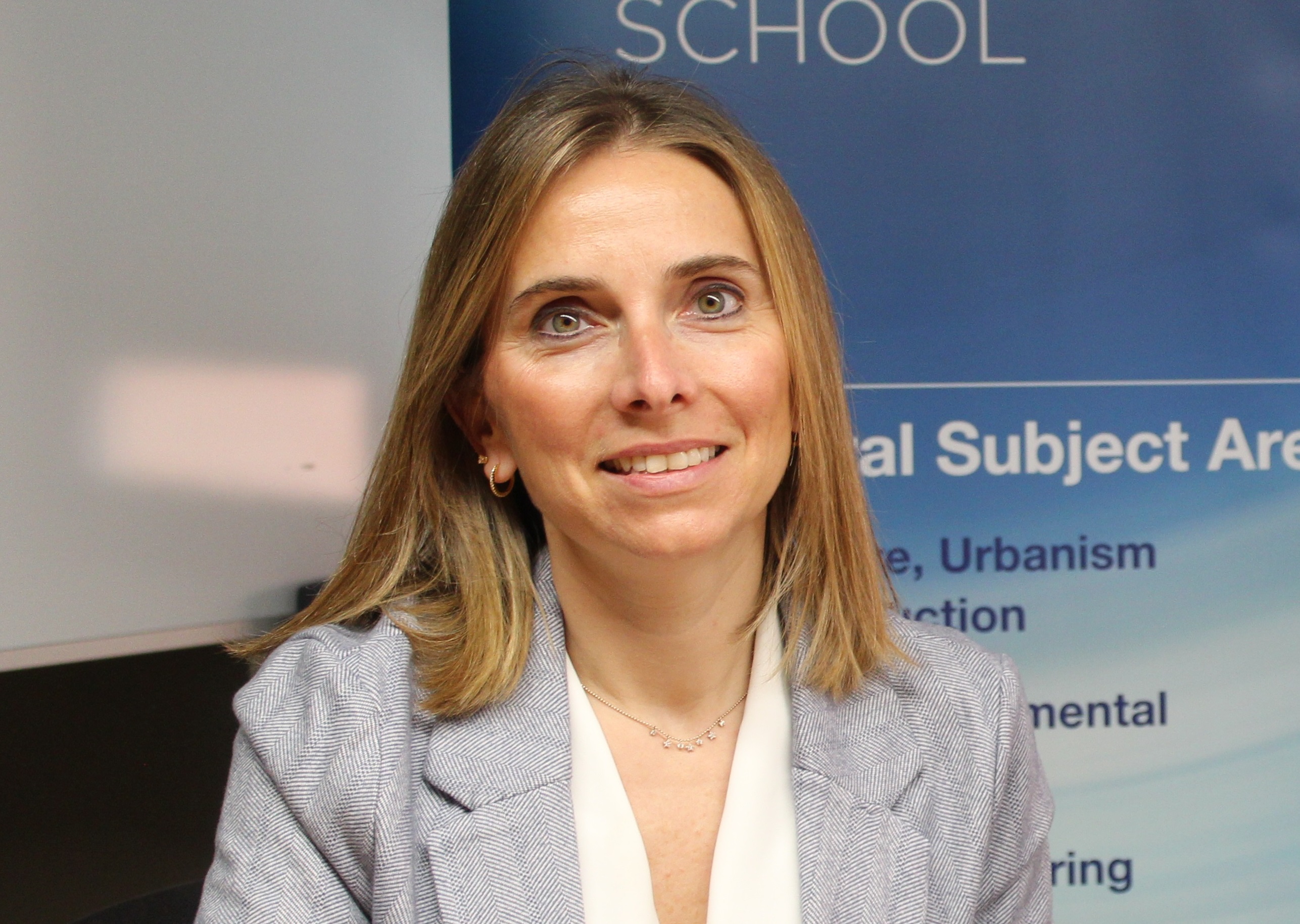The director

Full professor
direccio.escoladoctorat@upc.edu
The director represents the Doctoral School and directs, coordinates and supervises its activities.
The functions of the director, outlined in the Regulations on the Organisation and Functions of the Doctoral School, are the following:
-
To represent and direct, coordinate and supervise the activities of the Doctoral School and its administrative services.
-
To ensure compliance with the mission, objectives, strategic plan and functions of the Doctoral School.
-
To draw up the Doctoral School's strategic plan with the assistant director, the secretary and the head of administration and submit it to the Board for approval.
-
To appoint and dismiss the assistant directors and the secretary.
-
To convene and chair the Board's and the Standing Committee's meetings.
-
To execute and enforce compliance with the agreements of the Board and the Standing Committee.
-
To ensure that the Doctoral School's staff comply with the code of good practice and to take the necessary measures to solve any problems that might arise.
-
To encourage the dissemination of accounts of good practices in the doctoral field.
-
To manage the provision of the infrastructure needed by the Doctoral School and ensure that it has the necessary resources.
-
To authorise expenses and order the payments he is responsible for, in keeping with the limits established by the Governing Council.
-
To draw up the Doctoral School's annual management report and submit it to the Board for approval.
-
To inform the Board of the proposals for the appointment of the doctoral programme coordinators.
-
To promote collaborative work among doctoral programme coordinators and training and continuous improvement activities that address thesis supervisors' and co-supervisors' supervising and tutoring functions.
-
To promote the Doctoral School's strategic plan.
-
To propose guidelines for the rules governing the academic committees of the doctoral programmes to the Board.
-
To perform all of the Doctoral School's functions that are not expressly attributed to other governing bodies of the Doctoral School in the Statutes of the Universitat Politècnica de Catalunya or in the regulations that develop these statutes.
-
To propose to the rector that the collaboration agreements referred to in Article 164 of the University's Statutes are signed with public and private bodies.
-
All the functions attributed to it in prevailing regulations, the Statutes, other UPC regulations and these regulations.
She currently leads the APACHE project with a Starting Grant from the European Research Council (ERC) and coordinates the network project Acció COST CA20114 PlasTHER, both in the field of plasma medicine. Her research focuses on the therapeutic applications of cold plasmas, particularly for cancer treatment, and on the modification of the surface of biomaterials to control parameters such as adhesion, biological behaviour and drug release.
Her work has led to numerous publications and guest lectures. She has received various awards, among them the 2018 Early Career Award in Plasma Medicine and the 2020 ICREA Acadèmia.
Share: